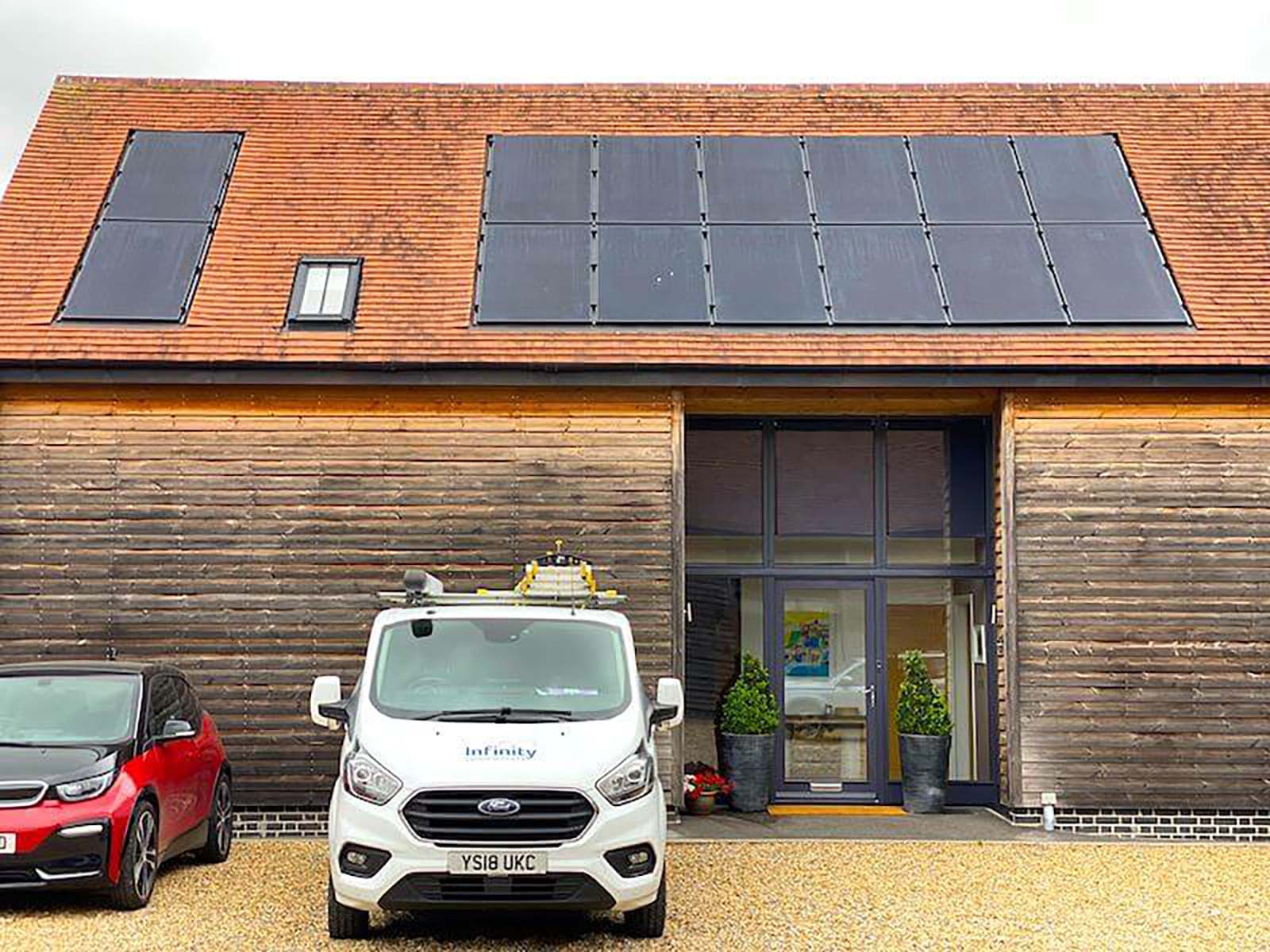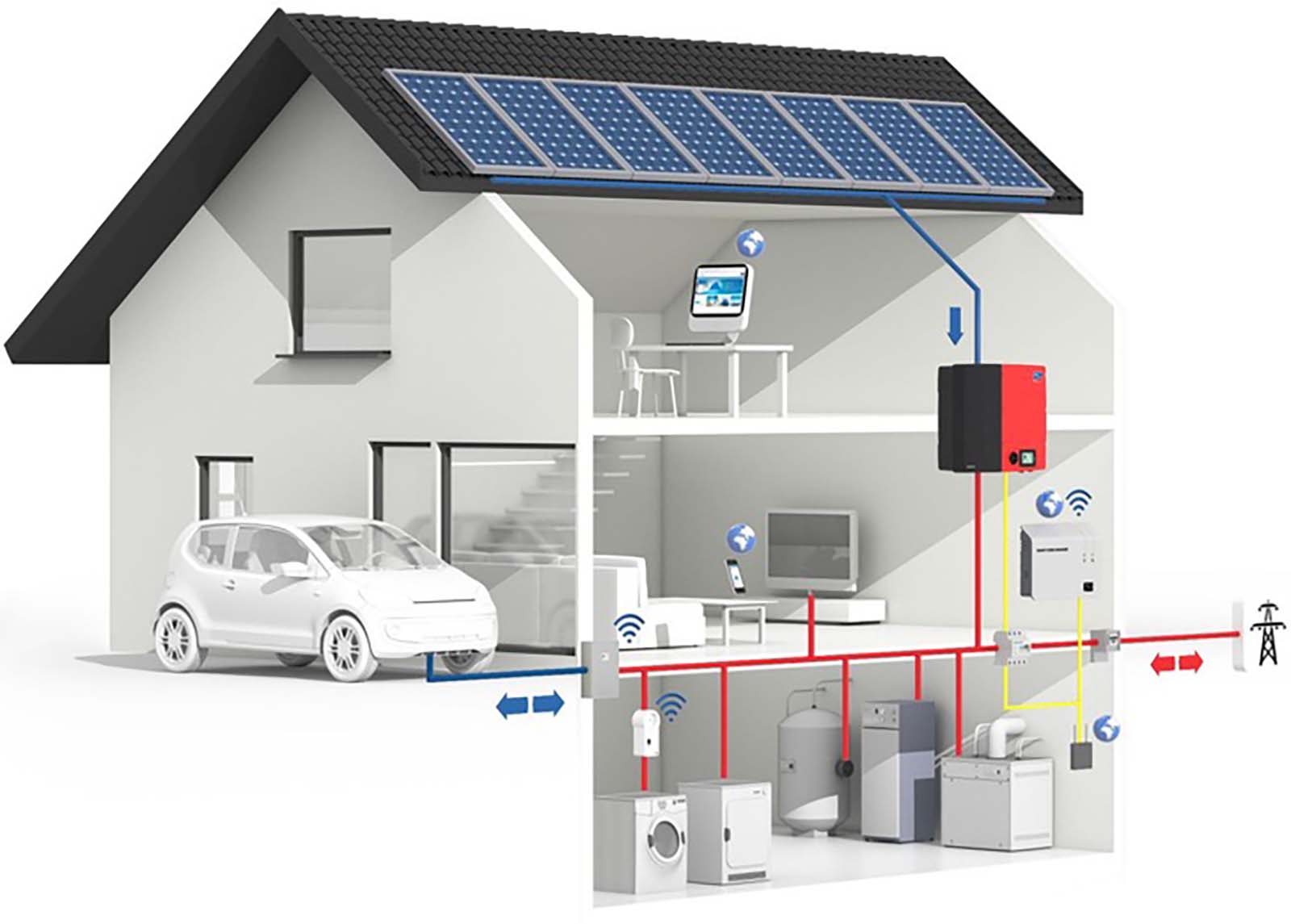The Charging Time for a 10kw Charger

Introduction
When it comes to electric vehicles (EVs), one of the most common questions is how long it takes to charge the battery. Charging time is influenced by various factors, including the power of the charger. In this article, we will explore the charging time for a 10kw charger and shed light on what affects it.Understanding the Basics
Before delving into the charging time, let’s briefly understand what a 10kw charger means. The “10kw” refers to the power output of the charger, which stands for 10 kilowatts. It represents the rate at which the charger can supply energy to the EV’s battery.Factors Affecting Charging Time
Several factors can influence the charging time of a 10kw charger. Let’s take a closer look at some of these key factors:
1. Battery Capacity: The capacity of the EV’s battery plays a crucial role in charging time. A larger battery will naturally take more time to charge, even with a 10kw charger.
2. State of Charge: If the battery is completely drained, it will take longer to charge compared to a partially discharged battery. The state of charge directly impacts the charging time.
3. Battery Chemistry: Different EVs use various battery chemistries, such as lithium-ion or nickel-metal hydride. These chemistries have unique charging characteristics, which can affect the charging time.

Calculating Charging Time
To estimate the charging time on a 10kw charger, you can divide the battery capacity by the charger’s power. For example, if the EV has a 50 kWh battery, the calculation will be as follows:Charging Time = Battery Capacity / Charger Power Charging Time = 50 kWh / 10 kW Charging Time = 5 hours
Please note that this is a simplified calculation and does not consider variables like charging efficiency or the EV’s onboard charger capability.

